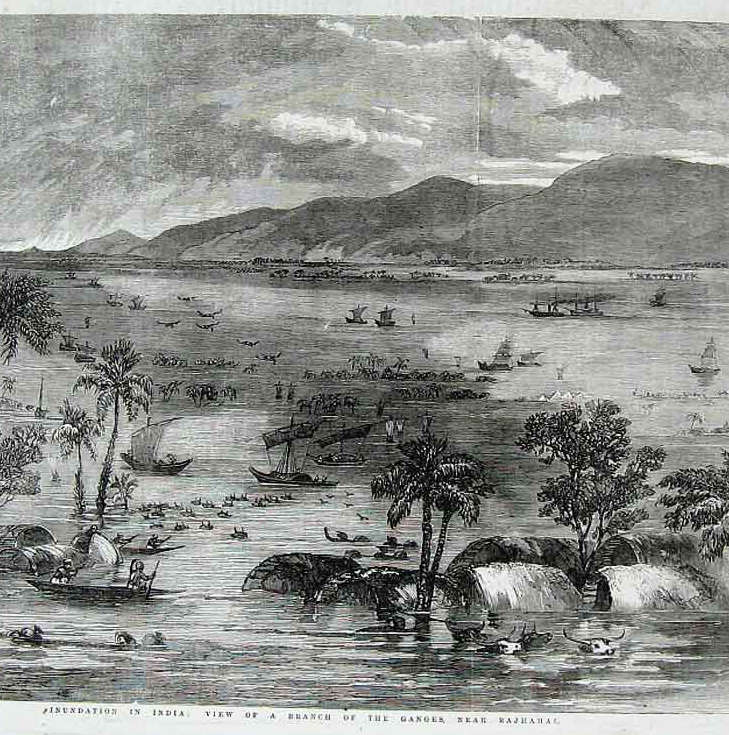FWP:
SETS == A,B
GRANDIOSITY: {5,3}
HOME: {14,9}
Two independent 'A,B' lines-- how to connect them? The commentators want to apply them to the same situation by taking 'flood of disasters' as an epithet applied to passion, so that the verse expresses compassion for a homeless orphan. Thus the lover weeps for the plight of hapless Passion, who will be without a home once the lover himself is gone-- to whose house will Passion, the poor forlorn disaster-filled thing, be able to go then?
Yet we needn't equate the two, to make the verse work. The 'forlornness of passion' could be simply the inability of the passionate lover to continue his activities beyond the grave. Throughout his life he was always available for the 'flood of disasters' that constantly poured down on him from the heavens; who will show them such hospitality after he is gone?
Or perhaps the lover sympathizes with the plight of those equally forlorn lovers, his fellow victims of passion, whom he is leaving behind. While the 'flood of disasters' was falling on his house, others escaped. Now that he is not available to take the punishment, on whom will the flood of disasters descend next? (In a nice bit of wordplay, tears 'come' to him about where the flood will 'go'.)
And of course, 'tears' come to the lover in his anxiety over
the future of the 'flood' of disasters. Could he be somehow creating the torrent
himself? In {111,16} he suggests this threatening
possibility, and in {233,17} he calls his
tears 'equipment for a typhoon.' There's also {58,2},
in which the lover describes what his tears have done to his own house.

Nazm:
In the second line, he has constructed passion itself as the flood of disasters. (53)
== Nazm page 53